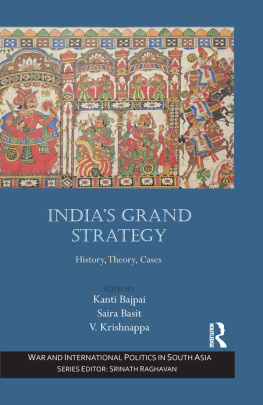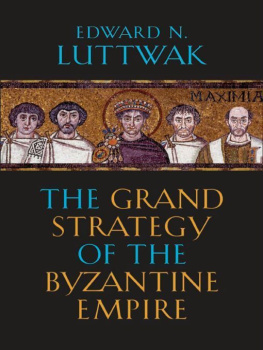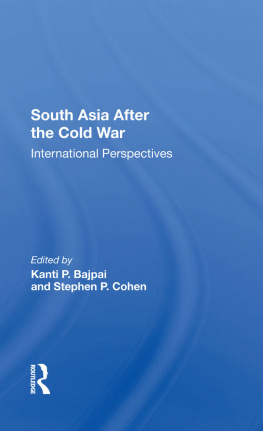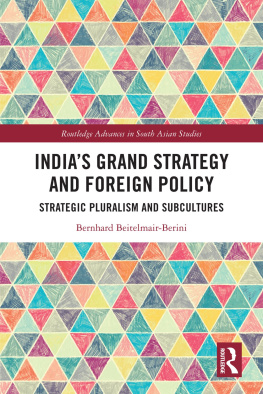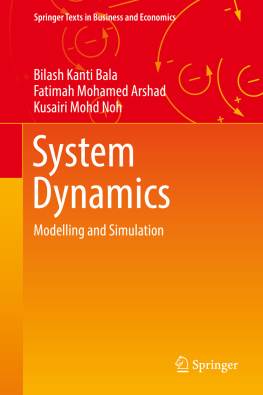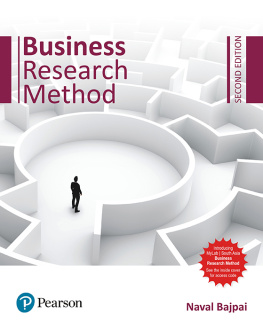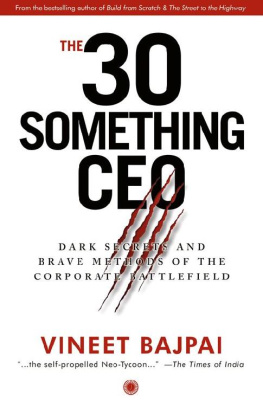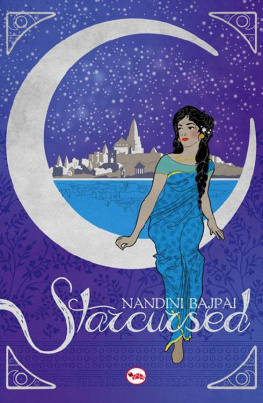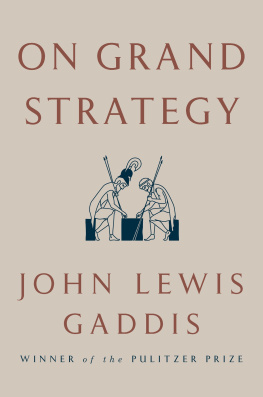INDIAS GRAND STRATEGY
War and International Politics in South Asia
Series Editor: Srinath Raghavan
Senior Fellow, Centre for Policy Research, New Delhi.
This Series seeks to foster original and rigorous scholarship on the dynamics of war and international politics in South Asia. Following Clausewitz,war is understood as both a political and a social phenomenon which manifests itself in a variety of forms ranging from total wars to armed insurrections. International politics is closely intertwined with it, for war not only plays an important role in the formation of an international order but also a threat to its continued existence. The Series will therefore focus on the international as well as domestic dimensions of war and security in South Asia. Comparative studies with other geographical areas are also of interest.
A fundamental premise of this Series is that we cannot do justice to the complexities of war by studying it from any single, privileged academic stand point; the phenomenon is best explained in a multidisciplinary framework. The Series welcomes a wide array of approaches, paradigms and methodologies, and is interested in historical, theoretical, and policy-oriented scholarship. In addition to monographs, the Series will from time to time publish collections of essays.
Also in this Series
Fighting Like a Guerrilla: The Indian Army and Counterinsurgency
Rajesh Rajagopalan
ISBN 978-0-415-45684-5
Indian Foreign Policy in a Unipolar World
Editor: Harsh V. Pant
HB ISBN 978-0-415-48004-8
PB ISBN 978-0-415-84306-5
Indias Nuclear Debate: Exceptionalism and the Bomb
Priyanjali Malik
ISBN 978-0-415-56312-3
Interrogating International Relations: Indias Strategic Practice and the Return of History
Jayashree Vivekanandan
ISBN 978-0-415-59812-5
First published 2014 in India
by Routledge
912 Tolstoy House, 1517 Tolstoy Marg, Connaught Place, New Delhi 110 001
Simultaneously published in the UK
by Routledge
2 Park Square, Milton Park, Abingdon, Oxon OX14 4RN
Routledge is an imprint of the Taylor & Francis Group, an informa business
2014 Kanti Bajpai, Saira Basit and V. Krishnappa
Typeset by
Solution Graphics
A14, Indira Puri, Loni Road
Ghaziabad, Uttar Pradesh 201 102
All rights reserved. No part of this book may be reproduced or utilised in any form or by any electronic, mechanical or other means, now known or hereafter invented, including photocopying and recording, or in any information storage and retrieval system without permission in writing from the publishers.
British Library Cataloguing-in-Publication Data
A catalogue record of this book is available from the British Library
ISBN 978-0-415-73965-8
Does India have a grand strategy? is a contentious question, but this volume proves conclusively that a younger generation of Indian scholars respond to it with a vigorous and original yes even if their answers vary as to what the strategy is and should be. A must-read for those interested in new thinking in the worlds most complex and challenged great power.
STEPHEN PHILIP COHEN
Senior Fellow, The India Project, Foreign Policy
Brookings Institution, Washington DC
Here is an up-to-date, serious and thoughtful treatment of a very vital subject for all who care about India. Kanti Bajpai and his fellow editors have put together a valuable collection which will repay reading again and again.
MEGHNAD DESAI
Emeritus Professor of Economics, London School of Economics
As India rises on the world stage, there is growing interest in the sources of its strategic conduct. Bajpai, Basit and Krishnappa map a terrain that has been barely explored. There is no better introduction to understanding Indias grand strategy.
C. RAJA MOHAN
Head, Strategic Studies and Distinguished Fellow
Observer Research Foundation, New Delhi
What a magnificent achievement! A decisive refutation of the thesis that India lacks or has not reflected on grand strategy. This volume captures Indian thinking about grand strategy in all its nuances and variations. No scholar of Indian national security can afford not to engage it.
ASHLEY J. TELLIS
Senior Associate, Carnegie Endowment for International Peace
Washington DC
Indias economic rise at the turn of the century has rekindled interest in Indias global role and aspirations. This collection of essays is a valuable introduction to an emerging literature on how India views its rise and what it means for the world.
SANJAYA BARU
Director, Geo-Economics and Strategy
The International Institute for Strategic Studies, London
T he economic transformation of India and China in the past two decades has transformed the strategic landscape of both Asia and the world. Asia is fast emerging as a geopolitical and economic pivot. It is now widely believed that the 21st century will witness the consolidation of the economic, political and technological power of Asian states. India, as one of the key Asian states, has the potential to project comprehensive power in the region and help foster a stable environment around its periphery. Skillfully handled, the forward march of India holds immense potential for securing peace and stability in the region and the world.
For these and other reasons, the evolution of Indian democracy and its attitudes towards international issues are of great significance to the world community. Not surprisingly, therefore, Indias rise has increased the scholarly interest in studying Indias strategic behaviour and its ideational sources. There is an increasing number of publications analysing various aspects of Indias security and foreign policy decision making processes. However, Indias strategic thought has received only sporadic attention among scholars and commentators. This volume seeks to fill this important gap in the body of literature.
The essays in the volume address the question of whether there is a coherent Indian strategic culture. The contributions taken together encourage us to believe that modern Indias foreign policy has shown a high level of consistency in its policies, views and behaviour in spite of the change in governments, ruling parties and circumstances, a fact which indicates the presence of a shared strategic culture. This Indian strategic culture can be linked to four distinct aspirations of what may be called the Indian strategic elite. First, the quest for strategic autonomy and equality of status a post-colonial states striving for independent identity and international personality in accordance with its size, civilisational heritage, historical experience and its vision for the post-colonial world order. Second, reconciliation of the national with internationalism the elite world-views in post-independent India have sought to reconcile what appeared to be two conflicting ideological tendencies in the international system. Nationalism was seen as a crucial ideological source for energy and vitality of the new nation, at the same time as internationalism was seen both as an antidote to the excesses of parochial nationalism and as an aspirational anchor for the world India wants to bring into being. Third, the quest for co-operative behaviour through peaceful resolution of international conflicts non-violent means such as dialogue and international law are preferred over military and coercive means. Fourth, the quest for political, social and economic justice for all peoples of the world, especially decolonised nations.


